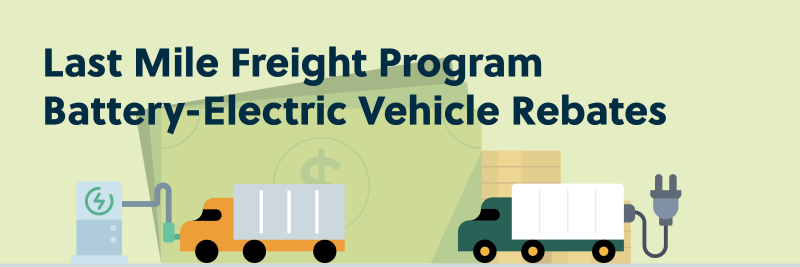Clean Cities Coalition

The Southern California Clean Cities Coalition is a U.S. Department of Energy (U.S. DOE) designated coalition in the Clean Cities and Communities partnership. The mission of the U.S. DOE’s Clean Cities and Communities partnership is to advance the nation’s economic, environmental, and energy security by supporting local decisions to adopt practices that reduce petroleum consumption.
The Southern California Clean Cities Coalition coordinates activities of both private and public sector proponents of alternative fuel vehicles by providing a forum to discover commonalties, collaborate on public policy, investigate opportunities for joint projects, leverage scarce resources, and cooperate on promoting the benefits of alternative fuel vehicles throughout the region.
The Southern California Clean Cities Coalition was first designated by the U.S. DOE on March 1, 1996. In 2010, SCAG resumed direct administrative responsibility for the Southern California Clean Cities Program.
The Southern California Clean Cities Coalition prepares several quarterly and annual reports related to alternative fuels and vehicles pursuant to their cooperative agreement with the U.S. DOE, referred to as the Statement of Project Objectives. The annual progress report acts as an important indicator of the coalition’s impact and includes voluntary data from stakeholders about the volume of alternative fuels used, the number of alternative fuel vehicles (AFVs), including electric vehicles (EVs) and hybrid EVs, idle reduction initiatives, fuel economy improvements and programs to reduce vehicle miles traveled. The annual vehicle and station cost tracking and reporting collects cost information for AFVs and stations within the SCAG region, while the annual alternative fueling station report assists the U.S. DOE with updating the alternative fueling station database.
Alternative Fuels & Vehicles
SCAG has a history of successful initiatives, collaborations, and achievements related to alternative fuels and vehicles. The promotion of alternative fuel vehicles and their necessary infrastructure is a critical strategy for reducing greenhouse gases in the SCAG region, a key focus outlined in the Connect SoCal 2024 Regional Transportation Plan/Sustainable Communities Strategy. Furthermore, on April 6, 2023, SCAG’s Regional Council passed Resolution No. 23-654-5, which established SCAG’s Clean Transportation Technology Policy. This policy creates a structured approach for SCAG to foster the growth, commercialization, and implementation of a transportation system that is either zero or near zero emission.

